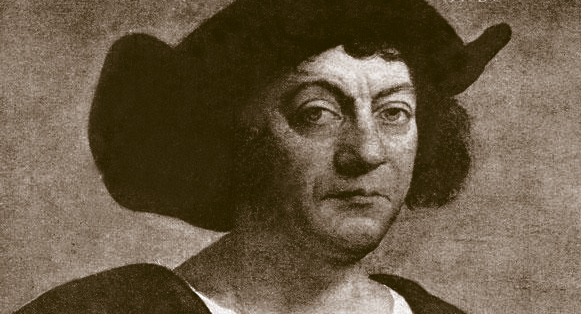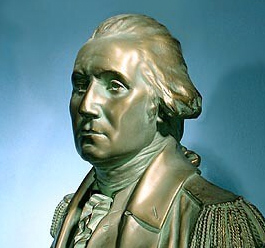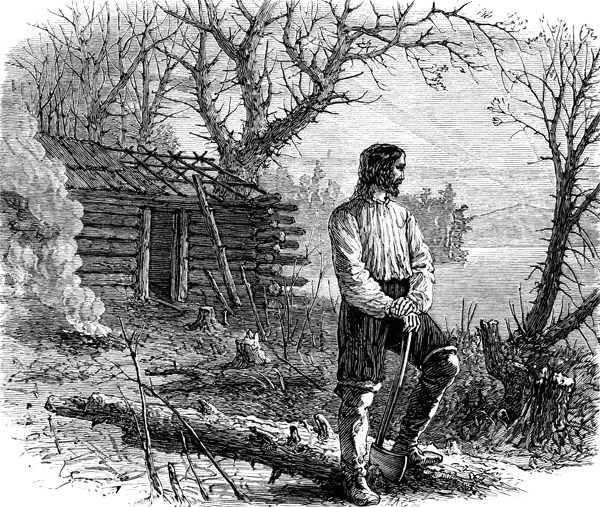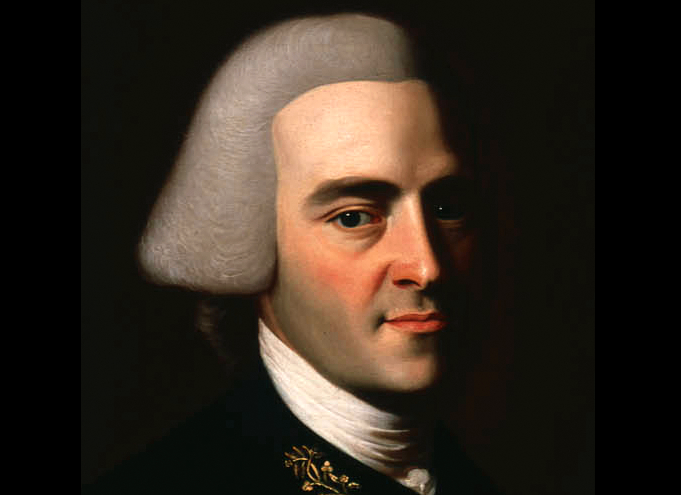On October 12, 1492, Christopher Columbus landed in the Bahamas, thinking he had reached India.
Exactly two hundred years later, a letter from Massachusetts Governor William Phips ended the Salem Witch Trials.
On this date in 1892, the Pledge of Allegiance was first recited by students in many U.S. public schools, as part of a celebration marking the 400th anniversary of Columbus’s voyage.
The Pledge had been composed that year by Francis Bellamy, a Christian Socialist minister, and was first published in Youth’s Companion magazine, the issue dated September 8, 1892. The recital was accompanied with a salute to the flag known as the Bellamy salute. During World War II, the salute was replaced with a hand-over-heart gesture because the original form (described in detail by Bellamy) involved stretching the arm out towards the flag in a manner that resembled the later Nazi salute. The original form of the Pledge was somewhat less involved than later versions:
I pledge allegiance to my Flag and the republic for which it stands, one nation indivisible, with liberty and justice for all.
In October an editorial addition occurred, the word “to” prefixing “the republic.”





